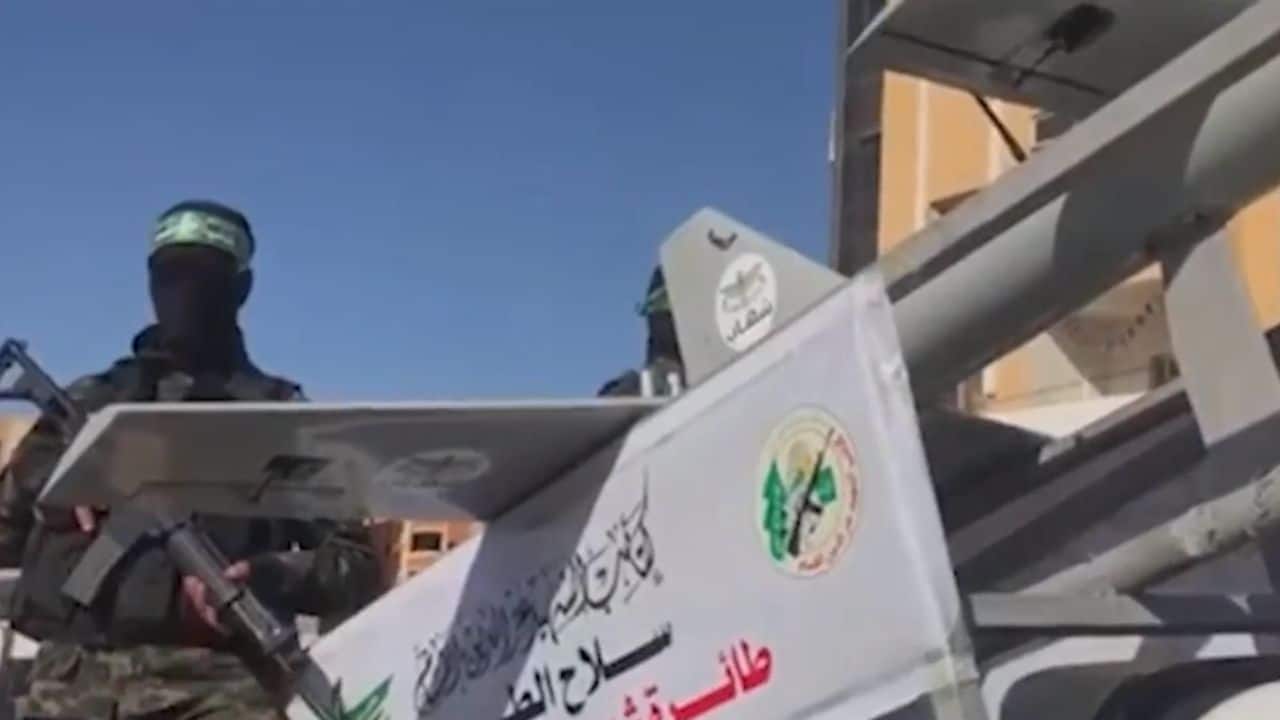On October 6th, the Palestinian militant group Hamas executed a ruthless and shockingly effective attack on southern Israel.
Easily penetrating Israel’s presumed impenetrable defenses and meeting little resistance, Hamas besieged multiple communities and killed over 800 Israelis, primarily civilians. They abducted many military prisoners and civilian hostages into Gaza using motorcycles, golf carts and even on foot. This was the most damaging surprise attack in Israel in over 50 years, unprecedented in its impact on Israel’s stability and security.
Background on Hamas and its Support
Hamas is the paramilitary arm of the Muslim Brotherhood among Palestinians, formed in 1987 as grassroots Palestinian groups conducted widespread protests against Israeli occupation. In contrast to this popular uprising and the Palestine Liberation Organization’s (PLO) pursuit of a two-state agreement with Israel, Hamas in Gaza aimed to wage religiously-justified armed struggle.
Read More: Israel vs Palestine Conflict History
Hamas gained support in Gaza, where the Muslim Brotherhood had influence under Egyptian control from 1948-1967. But Hamas’ militant, socially conservative agenda was a harder sell broadly among Palestinians.
Hamas realized attacking Israel could increase its political power. As the PLO’s diplomacy progressed in the 1990s, Hamas turned to violence. But it remained secondary to the secular Fatah party dominating the PLO and Palestinian Authority.
Hamas’ breakthrough came with the vicious 2000-2005 second intifada uprising. By late 2000, Hamas introduced religious themes to the “Al-Aqsa intifada,” forcing PLO President Yasser Arafat to invoke religious rhetoric. Hamas suicide bombings reminded Israelis they were at war.
The intifada radicalized both sides, destroying the Israeli and Palestinian peace camps. Hamas became a true competitor against secular rivals. In post-Arafat elections, Hamas lost the presidency decisively but performed well legislatively.
In 2007, Hamas ousted Fatah from Gaza as the PA purged Hamas from the West Bank. This split continues, weakening Palestinian unity. No election has occurred since 2007. Both rule their enclaves, until last Friday.
Read Also: Israeli Airstrike Kills 19 Civilians in Gaza
Hamas’ popularity is hard to judge. Like Islamists elsewhere, Hamas does better legislatively than in presidential votes. Around 25-35% of Palestinians likely back Hamas’ social agenda. In parliamentary elections, another 10% seem to support Hamas’ militant rhetoric or wanted to protest Fatah.
Potential Impact and Fallout
It’s difficult to speculate how Friday’s attack could impact Hamas’ appeal. They have clearly claimed national leadership. As Israel plans retaliation, some Palestinians are rallying behind Hamas despite disapproval of their brutality.
Many will agree Israel provoked this by complacently maintaining the occupation and denying Palestinians statehood and rights. Israelis wrongly thought they could casually control stateless, disenfranchised Palestinians under endless occupation without consequences.
Israelis now see they remain in an existential conflict with Palestinians. Gazans have lived in an open-air prison run by Israel controlling everything externally. West Bank Palestinians also live under hostile military rule and extreme discrimination. While intensifying occupation, Israel ignored it politically.
Even in protests over Prime Minister Netanyahu’s power grab, the occupation went unmentioned. For Palestinians, Israel’s harsh authoritarianism in occupied areas was coming home. Could Israel’s “Jewish democracy” stay unaffected occupying another people?
With bodies in the streets and hostages taken, Israelis are jolted awake from complacency about the occupation. This awakening will be welcomed by Palestinians, even if they dislike Hamas’ tactics. Hamas’ popularity has probably surged. Both sides exhibit rally-around-the-flag effects.
But increased popularity for Hamas isn’t guaranteed. After war with Israel in 2006, Hezbollah’s Hassan Nasrallah apologized for the consequences. Hamas is unlikely to apologize, but could face backlash depending on Israel’s response.
Israel’s greatest mistake would be reoccupying Gaza directly. That may be tempting to prevent repeats, but would create immense bloodshed. It would be difficult for Israel if Hamas emerges proclaiming victory. But only a Palestinian state can possibly control militancy.
Yet Israel has never recognized a Palestinian right to statehood. Since 2000, it has laid groundwork for annexation instead. Annexationists will point to the attacks as necessitating annexation and expulsions for “security.”
While warring with Hamas in Gaza, Israel strengthens it politically. Israel’s actions now will shape Hamas’ popularity going forward. Unfortunately, Israel seems poised to make the mistake of invading and reoccupying Gaza, leading to immense tragedy.
That would likely benefit Hamas and Iran.





































